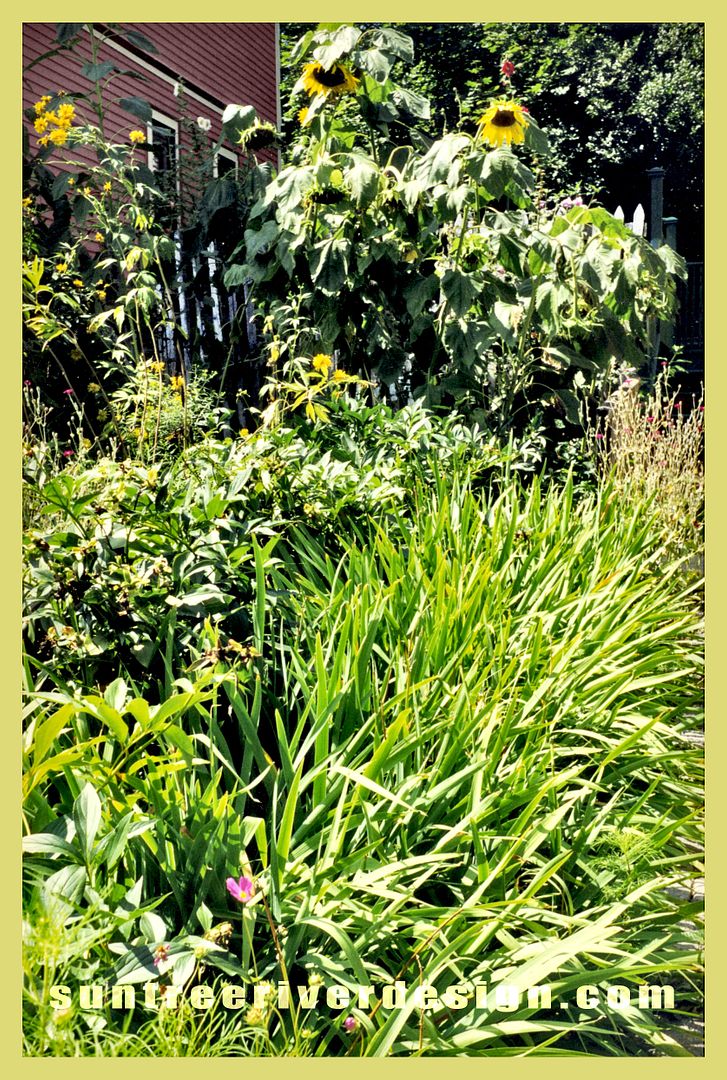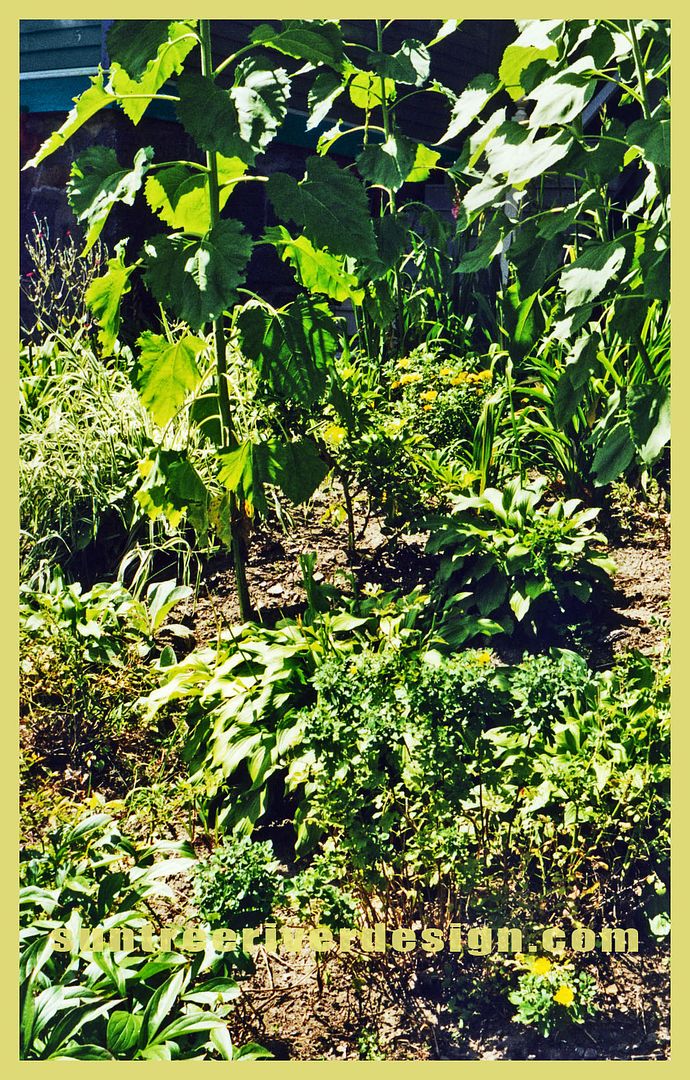Our hosts suggested a few ideas:
1. Does God really love creation? If so, what does that mean?
2. How did “green” become synonymous with "pagan pantheist"? Or maybe "Godless liberal"?
3. Should churches be thinking and talking about things like energy usage, divestment of pensions invested in fossil fuel, environmental policy, sustainable food sheds, deforestation?
4. What did Paul mean in Romans 8 when he spoke of a groaning creation?
5. How does our eschatology shape our view of ecotheology?
 Here on desert spirit's fire, a "festival rejoicing in all creation," I've blogged about this general topic many many times; this time I'll pick up 4 and 5, and make a collage by adding few ideas of my own. If this sounds familiar to readers of this blog, that's because I've kept on keepin' on with the same ideas.
Here on desert spirit's fire, a "festival rejoicing in all creation," I've blogged about this general topic many many times; this time I'll pick up 4 and 5, and make a collage by adding few ideas of my own. If this sounds familiar to readers of this blog, that's because I've kept on keepin' on with the same ideas. Despite current interest in ecological theology emphasizing the redemption and integrity of all creation – not solely human creatures – a lot of teaching and preaching in the Church still focuses on humanity, which in some ways may not be all that "off," given that so much of the rest of creation is in need of restoration, revitalization, and resurrection from death primarily because of human sin and failure to steward creation.
In Romans 8, the Apostle Paul insists all creation waits for redemption because true children of God, humans who authentically mirror and embody the Divine Image in which they've been created, care for the earth differently, in a manner that reflects their Divine Nature. In the witness of scripture all creation is mutually covenanted and covenanted with heaven; all creation carries within itself breath of the Divine and breathes the Spirit of Life.
Romans 8:19-23, NKJV
For the earnest expectation of the creation eagerly waits for the revealing of the sons of God. For the creation was subjected to futility, not willingly, but because of Him who subjected it in hope; because the creation itself also will be delivered from the bondage of corruption into the glorious liberty of the children of God. For we know that the whole creation groans and labors with birth pangs together until now. Not only that, but we also who have the firstfruits of the Spirit, even we ourselves groan within ourselves, eagerly waiting for the adoption, the redemption of our body.Scripture tells us the God of heaven and earth chose to make dwelling-place, Shekinah, to pitch a tent, a portable dwelling, to live and journey alongside creation.
John 1:14 MSG
The Word became flesh and blood,
and moved into the neighborhood.
We saw the glory with our own eyes,
the one-of-a-kind glory,
like Father, like Son,
Generous inside and out,
true from start to finish.
 Christianity proclaims God's definitive self-revelation in Jesus of Nazareth, in a body formed from the "stuff" of the earth. Jesus the Christ, the one whose body his followers would become... as the God of heaven and earth still chooses to make Shekinah, to live right here in the 'hood.
Christianity proclaims God's definitive self-revelation in Jesus of Nazareth, in a body formed from the "stuff" of the earth. Jesus the Christ, the one whose body his followers would become... as the God of heaven and earth still chooses to make Shekinah, to live right here in the 'hood. My particular Reformation theological tradition emphasizes the ongoing Divine presence and God's continued self-giving in the sacraments. Baptism and Holy Communion are lively signs to the world of our seeking and working for justice for all peoples and all the earth everywhere. Sacraments also signify the sacredness of all life as they form a microcosm of the promised time of the fullness of redemption for all creation. Real food comes from the earth, and for celebrating sacramental ordinances we use flowing water, juice or wine from the fruit of the grapevine, and (ideally recently homemade) bread baked from natural ingredients, so we need to be friends of the earth to continue celebrating sacraments.
Revelation, the last book of the bible, foretells the reconciliation of all things, of the lion lying down with the lamb, of people from east and west, from north and south, gathered around the welcome table of the Messianic Feast. The garden of resurrection has grown into a city, where the river of life and the tree of life provide for all creation.
Revelation 22:1-5 NRSV
Then the angel showed me the river of the water of life, bright as crystal, flowing from the throne of God and of the Lamb through the middle of the street of the city. On either side of the river is the tree of life with its twelve kinds of fruit, producing its fruit each month; and the leaves of the tree are for the healing of the nations. Nothing accursed will be found there any more. But the throne of God and of the Lamb will be in it, and his servants will worship him; they will see his face, and his name will be on their foreheads. And there will be no more night; they need no light of lamp or sun, for the Lord God will be their light, and they will reign forever and ever.God has spoken to church, society, world, and to each of us with many "if - then" cautions, warnings, and promises. If you keep the commandments, if you are faithful, if your actions do justice to others, if you steward creation well, then it will be well with you and with yours, the earth will begin to heal. The greener we become, the greener Planet Earth will be!
Other September Synchrobloggers:
- Jen Bradbury – Is God Green?
- Carol Kuniholm – For God So Loved the Earth
- David Derbyshire – Walking Through God’s Creation
- Glenn Hager – The Oblivious and the Extremist
- Oliver – Dieu il Recyclable
- Tim Nichols – Never a Last Leaf
- Leah Sophia – September Synchroblog Creation
- Jeremy Myers – Can Christians be Tree Huggers?
- Liz Dyer – Loving Our Neighbor Means Caring For God’s Creation

Wonderful! We're supposed to be stewards of the planet-- that means we have to take care of it! That means we need to start doing a much better job than we have so far.
ReplyDeleteThanks for being part of synchroblog this month. I'm happy to discover your blog, and I'll be reading through your old posts and reviews. You have a wealth of great resources and thoughtful insights here. I'll be back!
ReplyDelete